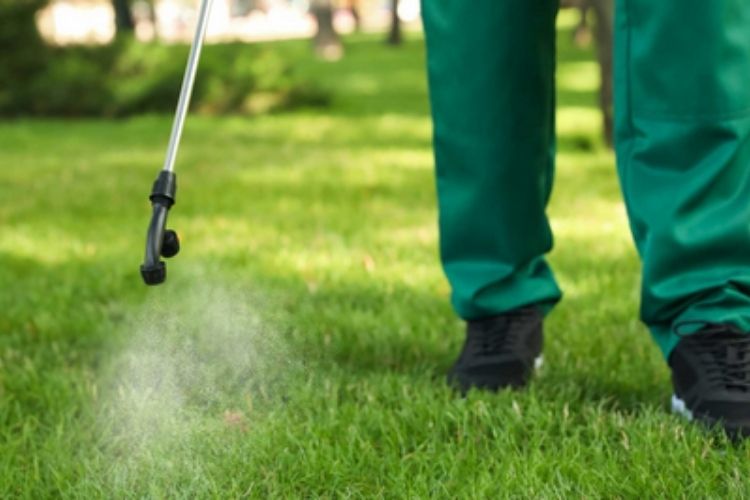What do you do if you see a little mouse dash across your room? Do you react with a fear response? In any case, as the moment has passed, the following thought generally brings the autonomic nervous response systems back into alignment: food!
According to the company Invariably, Milford pest control, the presence of numerous mice means that they are either going to get into the food or have already discovered it. Have you ever stopped to consider how long mice can survive without food or water when you’re checking the cupboards for infiltration?
How Longer Can Mice Continue To Live Without Water?
Even though mice are water-dependent for existence, the methods they get water may be either active or passive depending on the situation.
- Water Should Be Directed
Natural water sources such as streams, lakes, puddles, and other freshwater sources may provide mice with direct access to water in the wild. They may obtain it from various sources in your house, including water left behind us in sinks, moisture around pipes inside the walls, moisture in drains, and seeds that are typically neglected, such as pet water bowls.
- Water That Comes In From A Side-Channel
Believe this or not, mice may live for up to a month or longer without directly ingesting any water at all. The most common hydration method for them is to extract the food and water they consume. Even things that seem to humans dry enough to justify chasing after with a drink of water will contain enough water to support a mouse’s life.
When Do Mice Go Forward Without Feedings?
Mice are far more reliant on food than they are on the water. They can only survive for 2-4 days without sustenance of any type. Please remember that it does not imply participating in a full-fledged festival. Mice like nibbling on things. They will most likely eat a nibble or two and maybe take a couple for the road, and they will be pretty content with that—more information about the foods that mice like may be found here.
- The Wild Against The Home Team
The length of time mice may live without food will be determined by the environmental circumstances in which they are raised. If a mouse inside the wild is forced to race from one hiding location to another to evade predators in low autumn conditions, the mouse will have significant energy requirements. While mice confined to a predator-free environment with a plentiful supply of food nearby will use much less energy, those who are not will require significantly more.
- Putting Them To Death By Starvation
Must you be successful? To wait 2-4 days after you have thoroughly cleaned all of the crumbs and shut all food storage containers? Sadly, the reply is no in this case. When mice get access to freshwater instead of nourishment, they can survive for far more extended periods than they would otherwise. In this sense, most of our houses provide more than adequate water for mice.
Mice have a variety of food-gathering methods and the one described above. A lot of the time, they’ll have had at least a little supply of food stashed away in areas that are tough or impossible to obtain (at least by humans). Other than the food, they may also eat on items like living or dead insects, underground fungi, seeds, and even the excrement of other organisms like mice and rats.
Coming Up With A Way To Combine It
However, food management is not the sole solution to the problem of managing mice. Maintaining a consistent food supply might be a source of population growth sustenance in some instances. Once the food has been secured, the next stage is to devise trapping and baiting strategies to deal with the mice that have taken up residence. Finally, no vector control program is complete until the possible access sites are sealed up with caulk.




